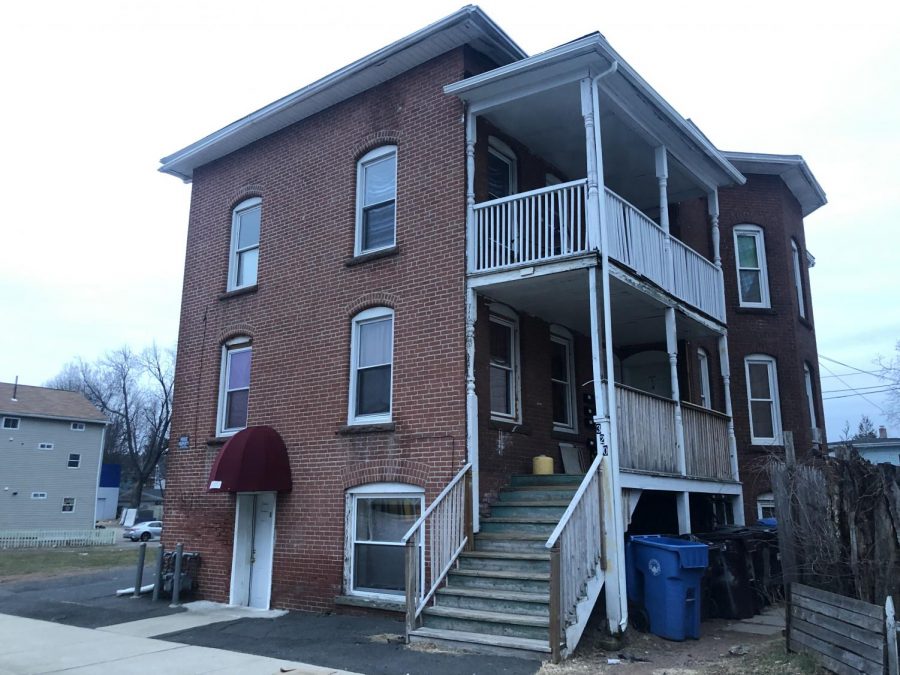Connecticut’s Eviction Rates Are Out Of Control
Connecticut’s ridiculously high eviction rates force residents like Kimberly Luke out of their homes.
February 19, 2019
Eviction rates in Connecticut are some of the highest in the country.
According to The Eviction Lab at Princeton University, Connecticut has four cities in the top 70 of top evicting large cities in America: Waterbury (22), Hartford (29), Bridgeport (39) and New Haven (69). Each city has an eviction rate well above the national average.
In addition to being one of the most expensive states to live in, Connecticut simply lacks affordable housing options for lower-income people, which is the main cause of the eviction crisis. According to David Fink, formerly of the Connecticut Partnership for Strong Communities, in over two-thirds of the towns in the state, more than 70 percent of the housing are single family.
“A low-income person in New Britain can’t move to Avon or Farmington and buy a single-family home,” Fink said. “We have plenty of that – what we don’t have plenty of is multi-family housing, so the little that we have, there’s huge competition for it. More demand drives up the price.”
According to Fink, Connecticut’s cities and towns need to invest in higher density housing developments, but factors such as stereotypes about the people that might inhabit low-income housing, communities wanting to keep a certain aesthetic to their towns and towns just not having the general knowledge to do it properly keep them shying away.
Demographic changes have also increased the need for more affordable housing.
Young people coming out of college no longer want what the previous generation wanted. Research shows that this generation is getting married five years later than previous generations, according to The New York Times. What’s more, Pew Research found that this generation is also going to have fewer children than the previous generations. Gone are the days of twenty-something-year-olds graduating college, buying a house with a white picket fence, getting married and having kids. Young people these days do not want to take on the debt of buying a house; they are already saddled with tens of thousands of dollars in student loans.
The eviction and housing crises go hand-in-hand. The state investing in affordable housing may be a solution to both of those issues. People who don’t have to spend 30 to 50 percent of their income on housing will have more money to spend on things besides life’s necessities, which would help the local economy and would help the job market, and so on.
It’s true that Connecticut has had a hard time getting residents to stay in the state. According to a study done by United Van Lines, at 57 percent, Connecticut has the fourth highest percentage of outbound moves in the country. Building affordable housing may be a way to remedy the housing and eviction crises, and as a bonus, a way to get residents to stay.






